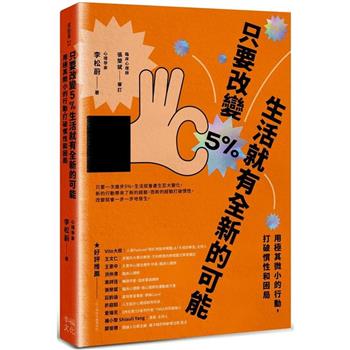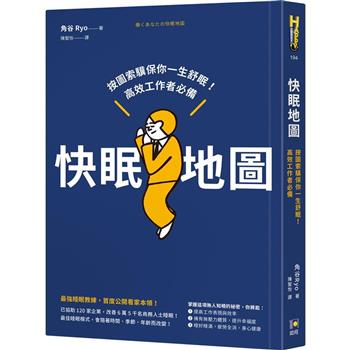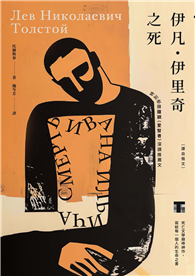In Volume 1 of Religion and Public Doctrine in Modern England, Maurice Cowling defined the principles according to which the intellectual history of modern England should be written and argued that the history of Christianity was of primary importance. In this volume, which is self-contained, he makes a further contribution to understanding the role which Christianity has played in modern English thought. The book is unusual in its concentration on argument. Cowling relates Christian argument to secular argument and secular argument to Christian argument, discussing Tractarianism and Ultramontanism in the context of secular humanism and pessimistic illusionlessness, and vice versa. The roles of science and history are discussed. The book is given coherence by the connected ideas of the ubiquity of religion, of literature as an instrument of religious indoctrination, and of the intimacy of the connections between the political, philosophical, literary and religious assumptions that are to be found among the leaders of the English intelligentsia.
| FindBook |
有 1 項符合
Religion and Public Doctrine in Modern England: Assaults的圖書 |
 |
Religion and Public Doctrine in Modern England: Assaults 作者:Cowling 出版社:Cambridge University Press 出版日期:1985-12-27 語言:英文 規格:精裝 / 404頁 / 21.6 x 14 x 2.8 cm / 普通級/ 初版 |
| 圖書館借閱 |
| 國家圖書館 | 全國圖書書目資訊網 | 國立公共資訊圖書館 | 電子書服務平台 | MetaCat 跨館整合查詢 |
| 臺北市立圖書館 | 新北市立圖書館 | 基隆市公共圖書館 | 桃園市立圖書館 | 新竹縣公共圖書館 |
| 苗栗縣立圖書館 | 臺中市立圖書館 | 彰化縣公共圖書館 | 南投縣文化局 | 雲林縣公共圖書館 |
| 嘉義縣圖書館 | 臺南市立圖書館 | 高雄市立圖書館 | 屏東縣公共圖書館 | 宜蘭縣公共圖書館 |
| 花蓮縣文化局 | 臺東縣文化處 |
|
|
圖書介紹 - 資料來源:博客來 評分:
圖書名稱:Religion and Public Doctrine in Modern England: Assaults
|











